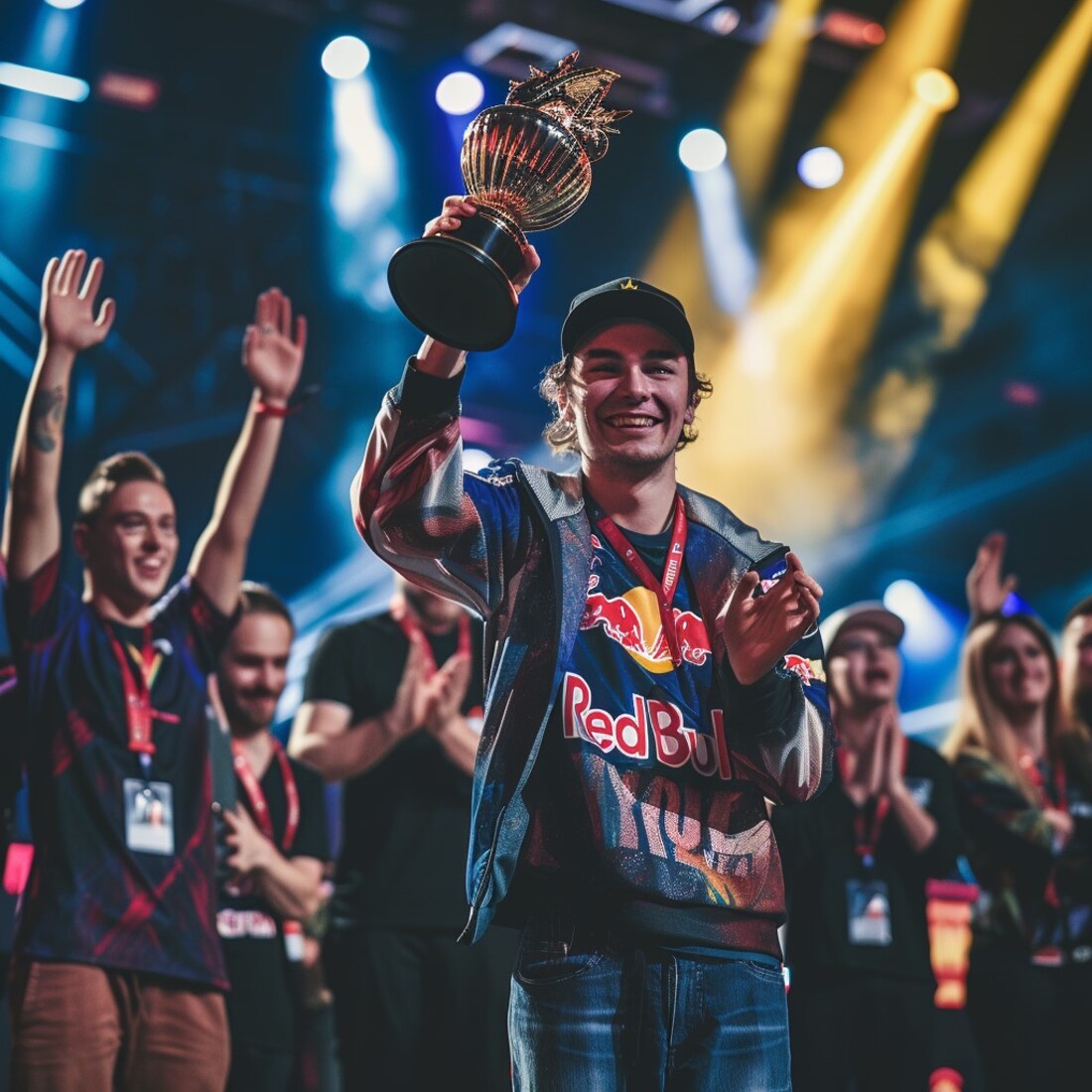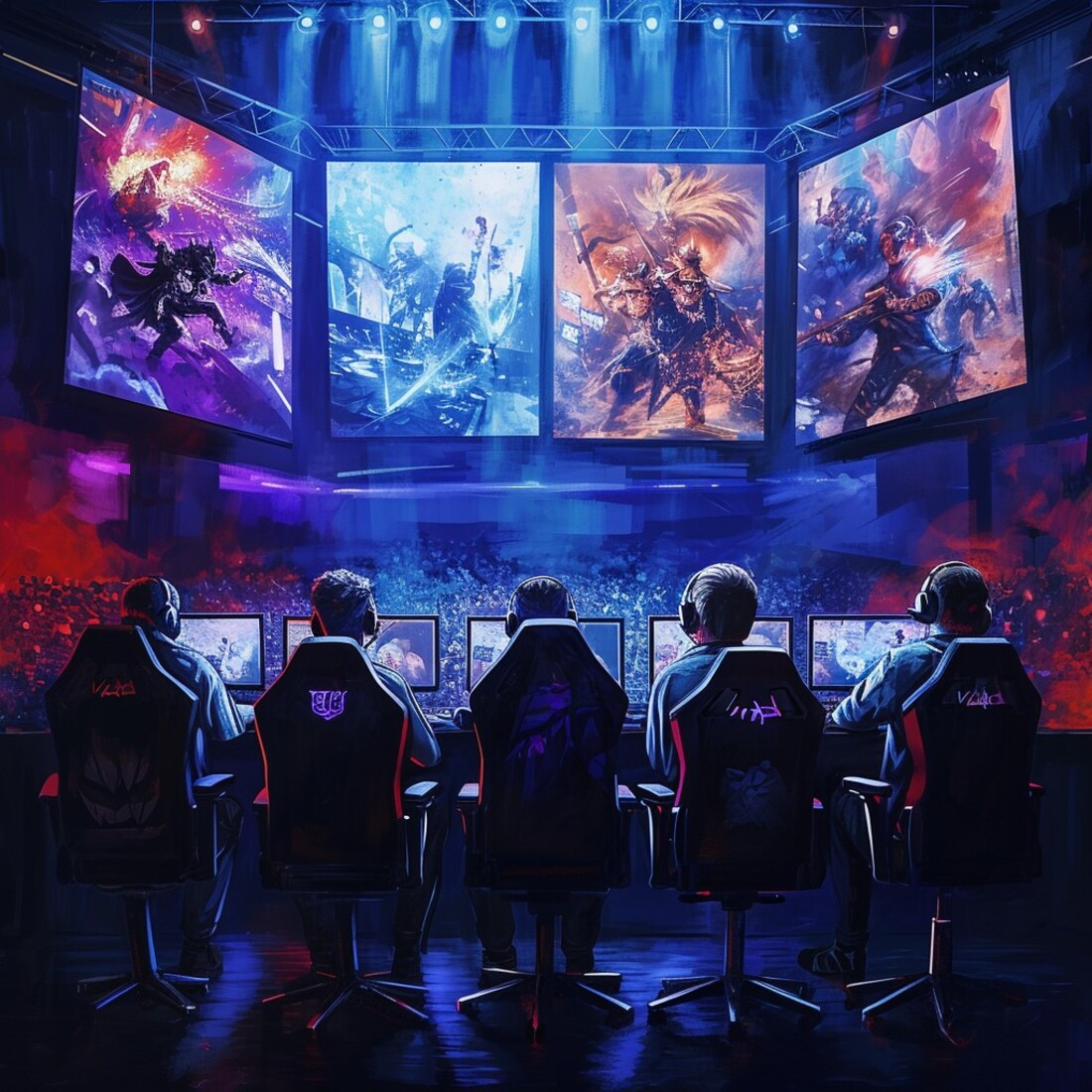Is E-Sport a Sport? Exploring the Rising Phenomenon of Digital Athletics
The question, “Is e-sport a sport?” has sparked passionate debates worldwide, bridging the gap between traditional athleticism and cutting-edge digital competition. As millions tune in to watch elite gamers battle it out in virtual arenas, e-sports is no longer just about gaming—it’s a cultural phenomenon redefining the essence of sports. With its own leagues, sponsorships, and global fanbases rivaling traditional sports, e-sports is making waves that demand attention. But does this thrilling digital spectacle meet the criteria to stand shoulder-to-shoulder with the likes of football, basketball, or tennis?

What is e-sport: essence
E-sport, at its core, is like a digital battlefield where strategy, skill, and teamwork collide in a high-stakes gaming arena. It’s not just about playing video games; it’s about mastering them, training like a pro athlete, and competing against the best in the world. The essence of e-sport lies in its electrifying blend of entertainment and competition, where virtual arenas turn into packed stadiums, and millions watch players wield their keyboards like swords in a knight’s duel. The debate of is e-sport a sport boils down to how we define sports, but there’s no denying that this phenomenon combines all the elements of teamwork, practice, and mental grit that define any traditional competition. It’s a revolution that’s turning pixels into podiums and gamers into global superstars.
History and development of eSports
The history of eSports is like a classic underdog story, starting small and skyrocketing into a global phenomenon. Back in the 1970s and 80s, gaming competitions were casual affairs, more like neighborhood chess matches than today’s high-stakes showdowns. Things shifted in the 1990s when internet gaming brought players together from across the globe, turning local legends into international contenders. Titles like StarCraft and Counter-Strike became the backbone of early eSports, drawing massive fan followings. By the 2000s, tournaments were filling arenas and offering prize pools big enough to make even traditional athletes jealous. The debate over is e-sport a sport gained traction as eSports grew, with players training harder and teams forming like in any other sport. Today, eSports isn’t just a niche; it’s a billion-dollar industry with leagues, sponsorships, and millions of fans cheering for their favorite gamers like they’re the new rockstars of the digital age.
Esports disciplines
Esports disciplines are like the genres of music, each with its unique vibe, fanbase, and style of play. From fast-paced first-person shooters like Counter-Strike and Call of Duty to strategic battle arenas like League of Legends and Dota 2, there’s something for every kind of gamer. Sports simulators like FIFA and NBA 2K bring the thrill of the pitch or court to your screen, while fighting games like Street Fighter and Tekken channel one-on-one combat with the precision of a chess match on steroids. The variety of disciplines showcases the depth of eSports, proving that it’s not just about pressing buttons but mastering skills tailored to the game’s demands.
Esports Competitions

Esports competitions are the digital version of the Olympics, bringing together the best players from around the world to battle it out on virtual stages. These tournaments, from the League of Legends World Championship to The International, offer jaw-dropping prize pools that rival those of traditional sports. Packed arenas and millions of online viewers turn these events into a mix of sports, entertainment, and tech wizardry.
Esports Players and Teams
Esports players and teams are like modern-day gladiators, stepping into virtual arenas with sharp skills and unshakable focus. These pros don’t just play games; they master them, spending hours perfecting strategies and building team synergy. Teams like T1 in League of Legends or Astralis in Counter-Strike: Global Offensive are the rockstars of the gaming world, with fans cheering them on like they’re the Beatles of the digital age. Each player has a role, whether it’s the shot-caller, the sniper, or the healer, working together like a finely tuned machine.
Leagues
Esports leagues are the heartbeat of competitive gaming, creating a structure that turns casual battles into full-blown seasons of high-stakes drama. They’re like the NBA or Premier League, but instead of courts or pitches, it’s virtual arenas where the action unfolds. Leagues like the Overwatch League or Call of Duty League bring together top-tier teams to compete in organized matches, complete with rankings, playoffs, and championships. These leagues showcase not just skill but consistency, teamwork, and the ability to perform under pressure. With massive fan followings, sponsorship deals, and broadcasts that rival traditional sports, these leagues are proof that esports has carved out a permanent space in the world of competitive entertainment.
Reasons why eSports can be considered a sport

Here’s why eSports can absolutely be considered a sport:
- Intense Competition: eSports is all about players going head-to-head, often in high-stakes tournaments, just like any other traditional sport.
- Skill and Precision: Pro gamers rely on lightning-fast reflexes and pinpoint accuracy, rivaling the precision of archers or golfers.
- Teamwork and Strategy: In team-based games, players need perfect coordination and tactics, much like football or basketball squads.
- Training and Discipline: Top players train for hours daily, sharpening their skills and mental focus, similar to athletes preparing for their next big match.
- Global Fanbase: eSports draws millions of fans worldwide, with packed arenas and online streams resembling the Super Bowl or World Cup.
- Organized Leagues and Tournaments: From the Overwatch League to The International, eSports has professional structures that mirror traditional sports leagues.
- Mental and Physical Strain: Competing at the highest level in eSports demands incredible mental endurance and physical stamina to maintain focus over long matches.
The debate of is e-sport a sport feels less relevant when you look at these factors, proving that eSports stands tall in the world of competitive activities.
Critics’ arguments why eSports should not be considered a sport
Here are the main arguments critics use to say eSports shouldn’t be considered a sport:
- Lack of Physical Activity: Critics argue that sports require significant physical exertion, which eSports doesn’t involve, unlike running, swimming, or even golf.
- Virtual Nature: Since eSports takes place in a digital arena, skeptics believe it lacks the tangible, real-world engagement of traditional sports.
- No Standardized Governing Body: Unlike FIFA or the NBA, eSports lacks a single organization to regulate its competitions and set universal rules.
- Game Violence: Many popular eSports titles involve combat or war themes, raising ethical concerns about their classification as a sport.
- Short Game Lifespan: Video games can become obsolete quickly, making it hard for eSports to maintain the historical continuity seen in traditional sports.
The debate around is e-sport a sport isn’t going anywhere, with these points fueling the argument for a clear distinction between gaming and physical athleticism.
Recognition of eSports at the Olympic Games

eSports hasn’t officially joined the Olympic Games yet, but it’s standing at the edge, knocking on the door. The debate of is e-sport a sport is front and center as the International Olympic Committee (IOC) explores its potential inclusion. While eSports appeared as a demonstration event in the 2018 Asian Games and will debut as a medal event at the 2022 Asian Games, the Olympics are still cautious. Concerns about violent game content and the lack of a unified governing body keep it in the discussion phase. However, with its massive global audience, intense skill demands, and growing legitimacy, eSports is gradually building its case for Olympic recognition, redefining the boundaries of athletic competition in the process.
So can eSports be considered a sport?
eSports can absolutely be considered a sport when you break it down. It has all the key ingredients: fierce competition, incredible skill, and the kind of teamwork that rivals traditional sports. Pro gamers train for hours like marathon runners, mastering reflexes, strategies, and mental stamina to outplay their opponents. The question is e-sport a sport often gets hung up on physicality, but then you look at sports like chess or Formula 1, where mental agility or precision takes center stage. With packed arenas, global audiences, and professional leagues, eSports isn’t just gaming anymore—it’s a legitimate competitive arena that’s redefining what it means to be a sport in the digital age.
Whether you view e-sport as a legitimate sport or a groundbreaking evolution in entertainment, there’s no denying its impact on the global stage. By challenging traditional notions of competition, skill, and teamwork, e-sports is carving its own unique space in the sports universe. As technology advances and the lines between physical and digital continue to blur, the debate surrounding e-sports’ place in the sporting world will only intensify, solidifying its role as a key player in shaping the future of competitive culture.